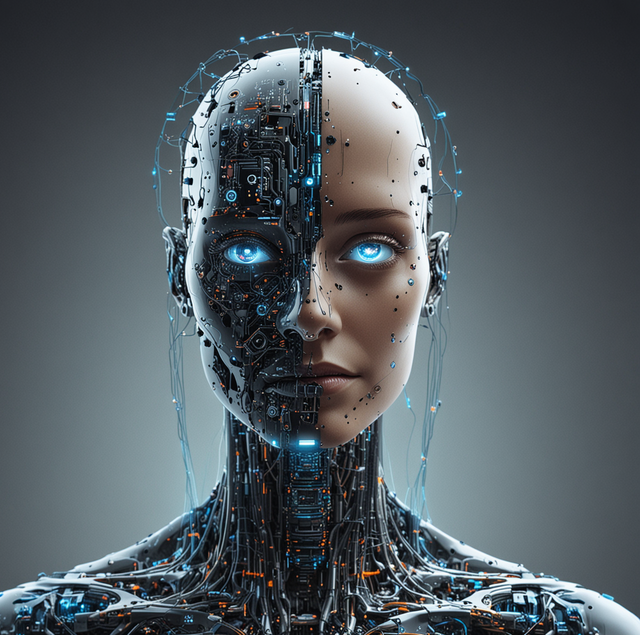The rapid progress of artificial intelligence (AI) brings with it both immense opportunities and major challenges. While AI can improve our lives in many ways, it also raises serious questions about privacy and data security. In this post, we will explore the latest developments in AI and their impact on the data protection landscape.
Current developments in AI
GPT-4 and beyond: The latest generation of language models like GPT-4 impress with their ability to generate human-like text. These technologies are increasingly being used in customer service, content creation, and even healthcare.
AI in image recognition: Advances in image recognition technology enable facial recognition in public spaces, which has significant implications for both security and privacy.
data protection
Data collection and use: AI systems require huge amounts of data to function effectively. This raises concerns about the way data is collected, stored and used.
Transparency and consent: It is often unclear to users what data is collected and how it is used. The call for more transparency and the need for companies to obtain clear consent from users is becoming louder and louder.
Legislation and Regulation
GDPR and AI: The General Data Protection Regulation (GDPR) ensures the protection of personal data in the EU. But how well do these regulations cover the new challenges of AI?
Future order: Governments around the world are working on new regulations that specifically address the challenges of AI. This is to ensure that innovation does not come at the expense of privacy.
The role of companies
Responsible AI development: Companies developing AI must ensure that their systems are used ethically and responsibly. This includes integrating privacy protection into the development process right from the start.
Education and awareness: Companies should also educate their users about how to handle data and create transparency about how their AI systems work.
Conclusion
The balance between innovation and data protection is a delicate but crucial issue. As AI technologies continue to advance, both developers and regulators must ensure that user privacy is protected. This is critical to building trust in these technologies and realizing their full potential.
